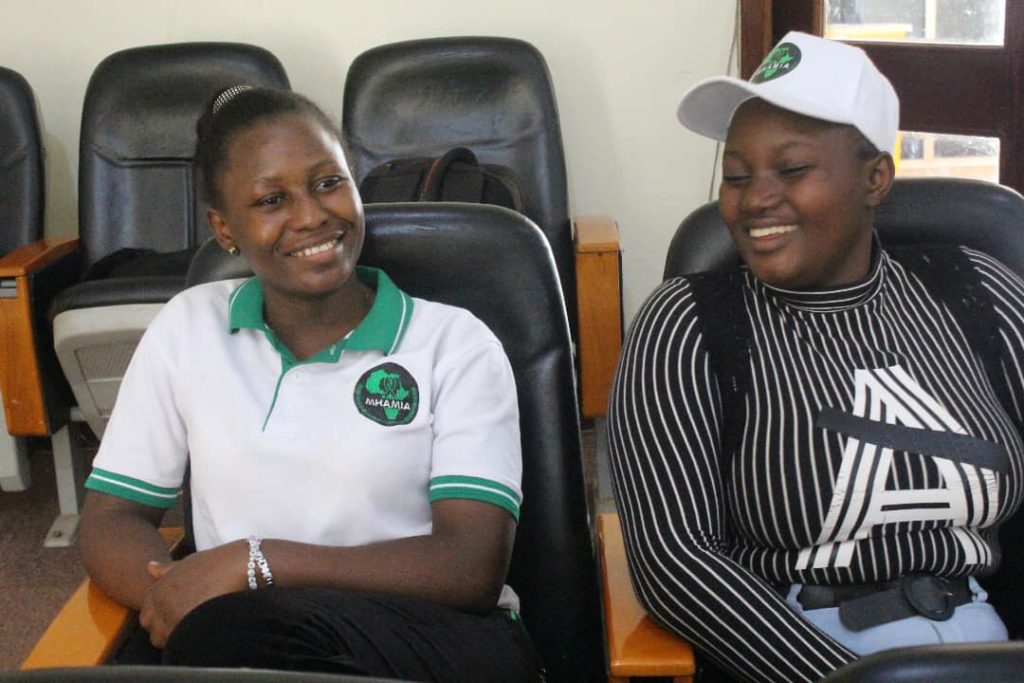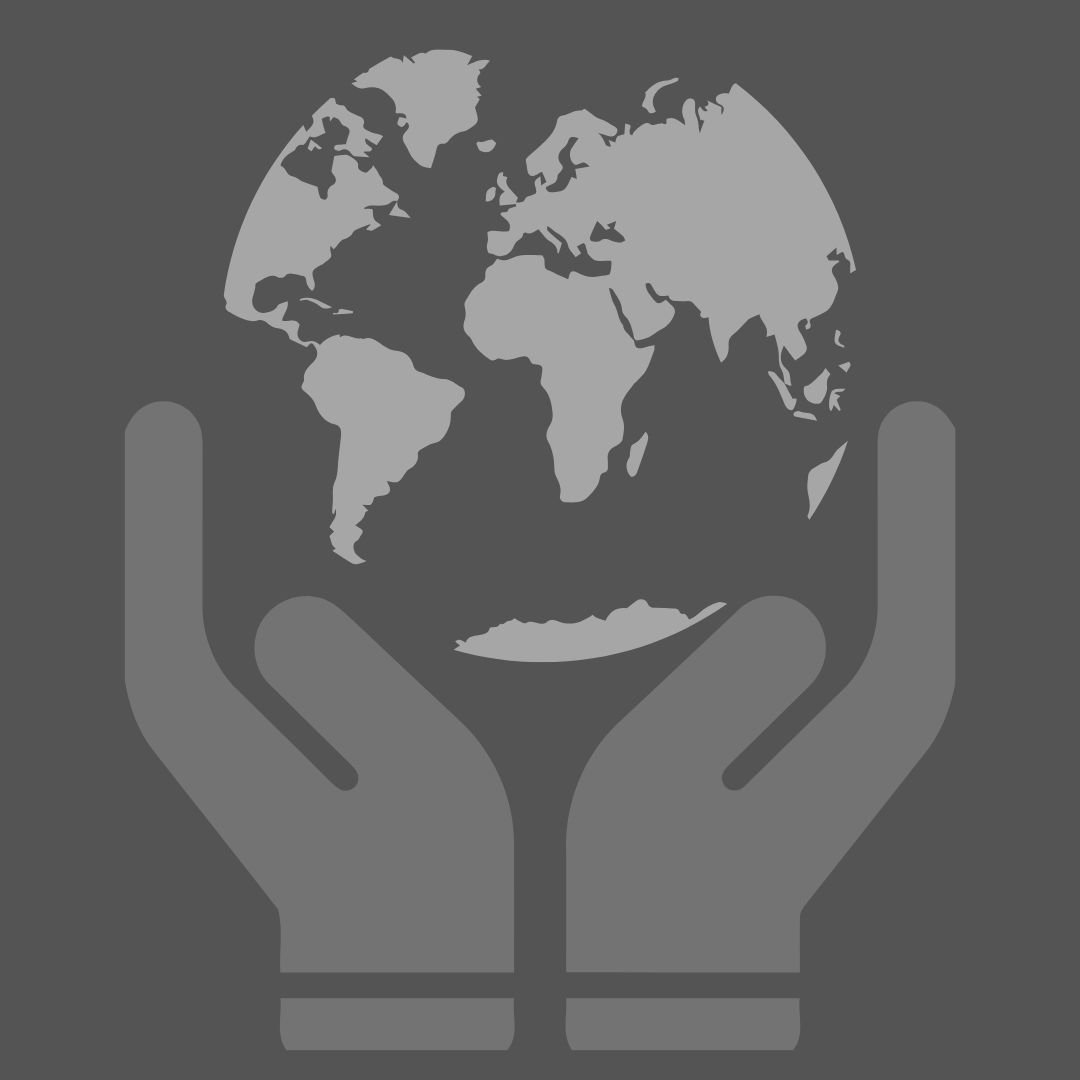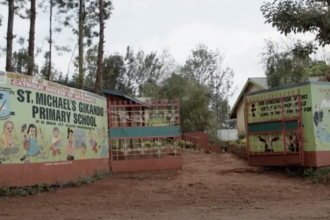Sharon Nambakire drew on her lived experience to set-up a mental health support and outreach foundation.
When her cousin took his own life at only 23 years of age, she became depressed and unable to take part in the things she had once loved. She was troubled by his rapid descent from a happy, ambitious boy into a soul consumed by depression and hopelessness and realised there was very little understanding or awareness of mental health problems in her country, and very little support for anyone suffering.

Such was the lack of understanding that there was often family shame and stigma attached to anybody who had any kind of mental health problem She wanted to overcome the stigma and shame often associated with mental health problems in Uganda and formed the Mental Health and Mental Illness Awareness Foundation (MHAMIA) to provide support, information and outreach.
“All my life, until I was 23, I had never heard about mental health and then I learned about trauma, depression and anxiety. But of course, these are wounds you cannot see. People go through stuff, but you would never know.”
Through a friend, Sharon was put in contact with a doctor specialising in mental health and she paid him to teach her about the subject so she could talk about it within schools and communities.
“They are told it is witchcraft or that they are mad… they have a problem with their mental health and they need support and understanding.”
“I struggled myself with my mental health and realised that help simply wasn’t available in Uganda,” she explains. “We have only one government hospital that is dedicated to mental health that is in the city, meaning it’s not possible for people in different or rural villages to travel there.”
Two years on, as well as the physical outreach in children’s schools and community centres, the nonprofit as has an online platform that offers online courses on suicide prevention, stress management, self-care, depression, and other conditions, alongside counselling and coaching sessions delivered virtually.
“I want people to learn about mental health when they are 4 or 5 years old, not wait until 23 like me! Also, when you go into a village and meet a family who have a member who is suffering, they are told it is witchcraft or that they are mad, so I must explain that that isn’t so, they have a problem with their mental health and they need support and understanding.”
“I see people just give up on themselves, they just give up; so I tell them hold on to something, to someone.”
As in every country in the world, mental health in Uganda is under-resourced compared to the number of people needing the resource. Sharon has created a What’s App group called Mindful Minds so people have a space to discuss exactly what they are struggling with. “I always tell them to hold on. When you’re going through tough times, I see people just give up on themselves, they just give up; so I tell them hold on to something, to someone.”
From a young girl answering the telephone to learn that her dear cousin has ended his life to the founder of an organisation helping both children and adults learn more and talk about how they feel and how it’s okay to feel troubled, Sharon Nambakire is making vast inroads in what still remains a condition regarded as taboo in many rural communities. MHAMIA is a finalist in a nationwide awards programme and she is looking forward to reaching more schools, more youngsters and more communities to break down the stigma of mental health.
To learn more about MHAMIA visit: https://www.facebook.com/MENTALHEALTH188





